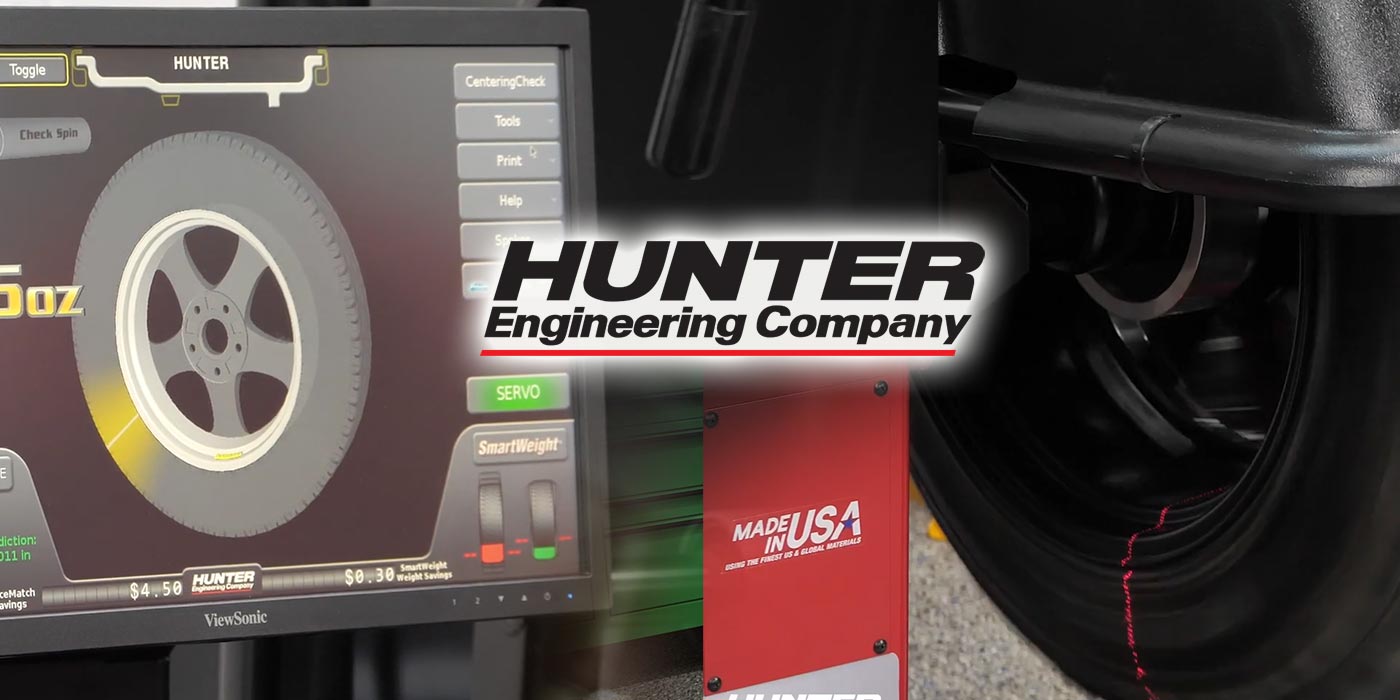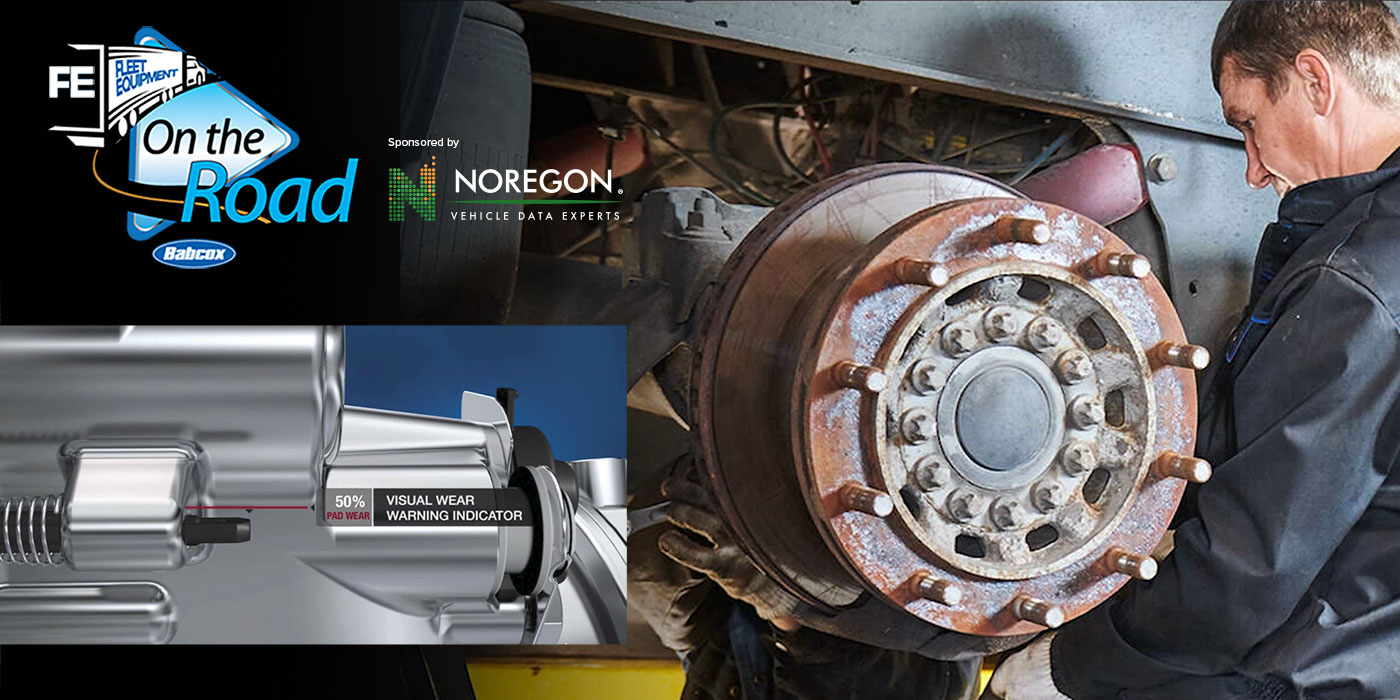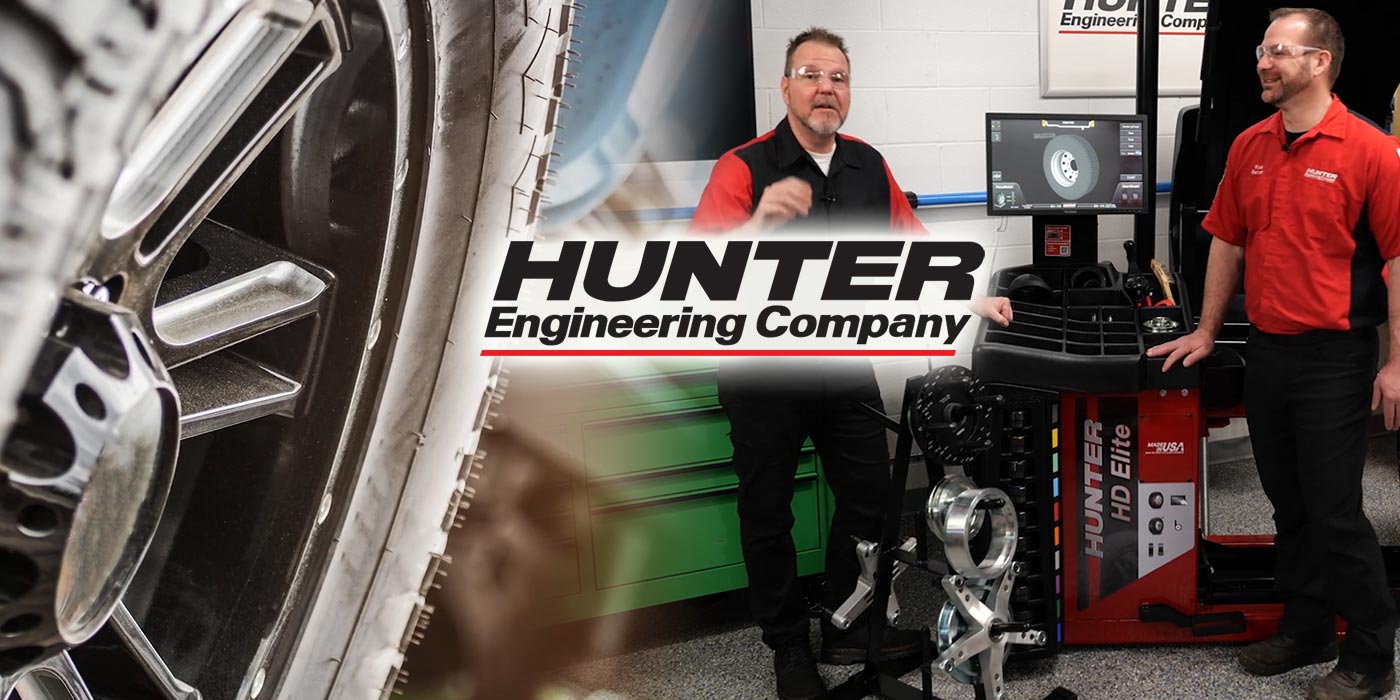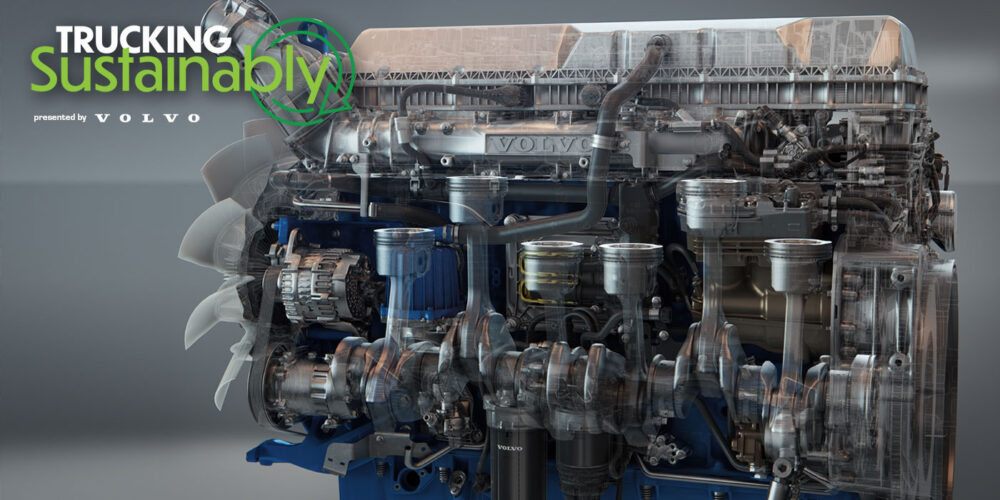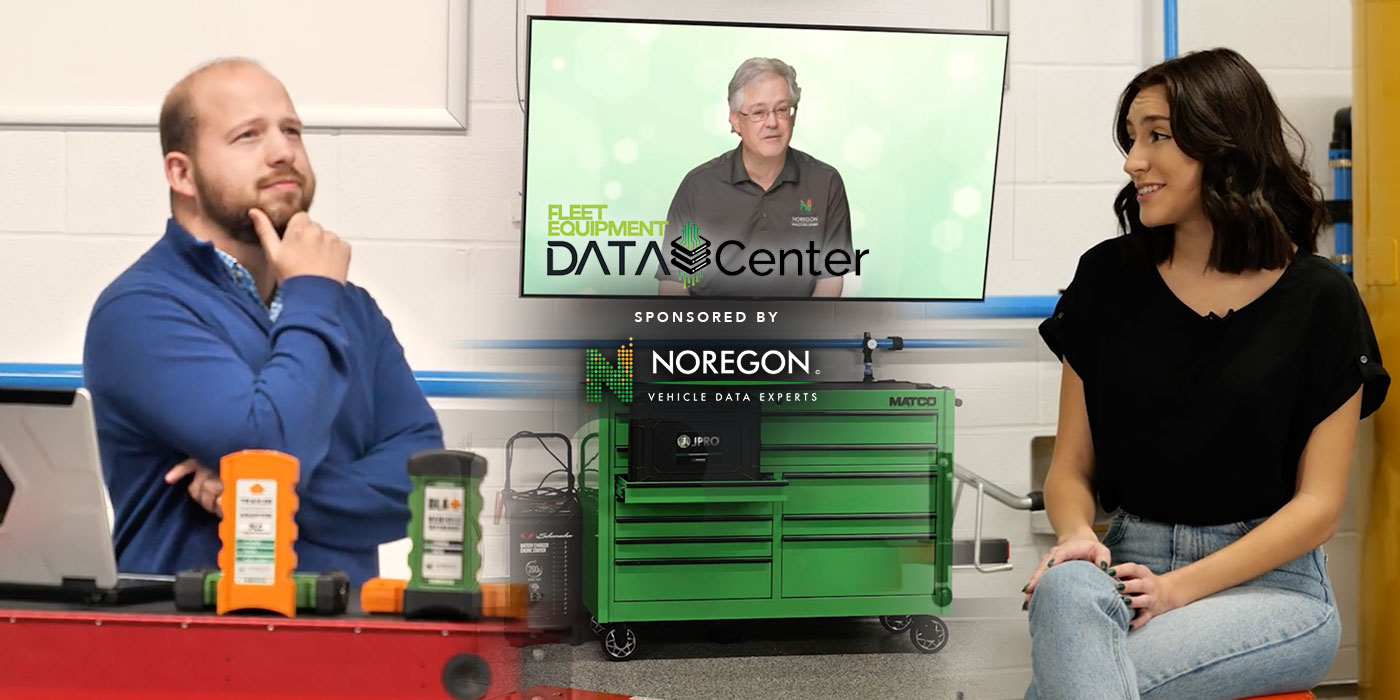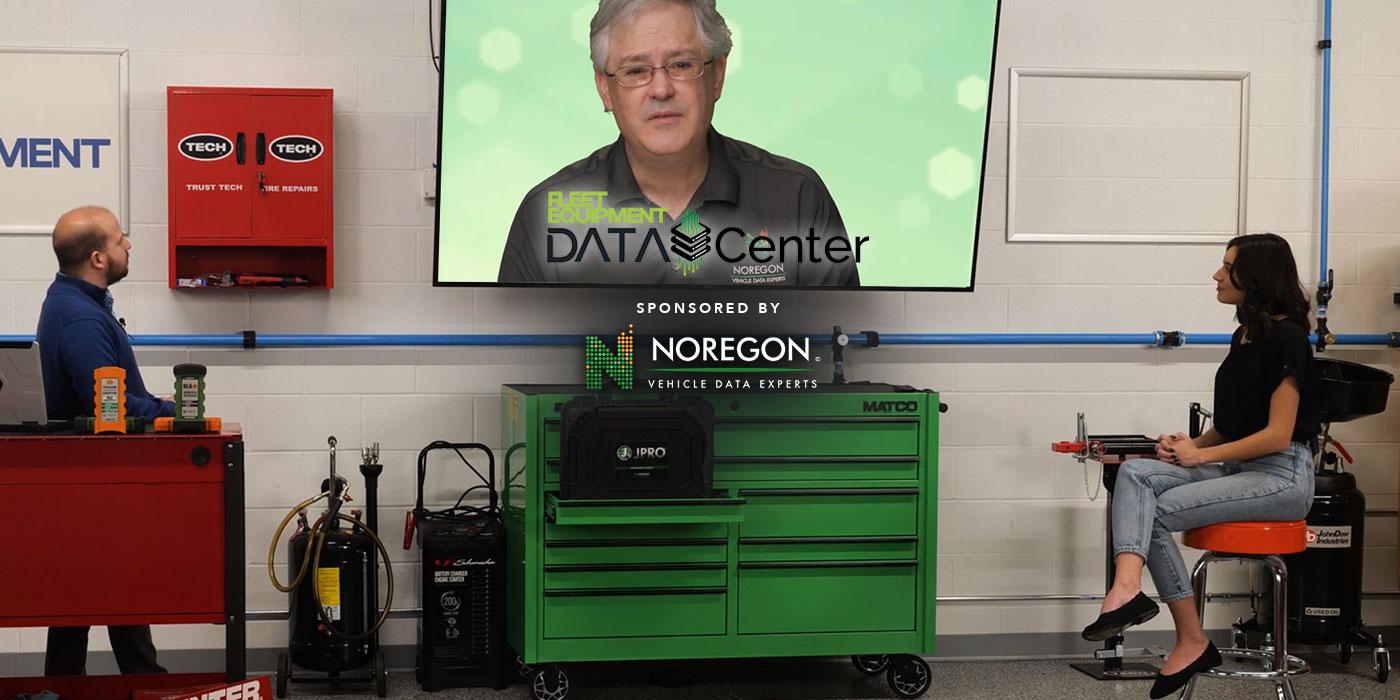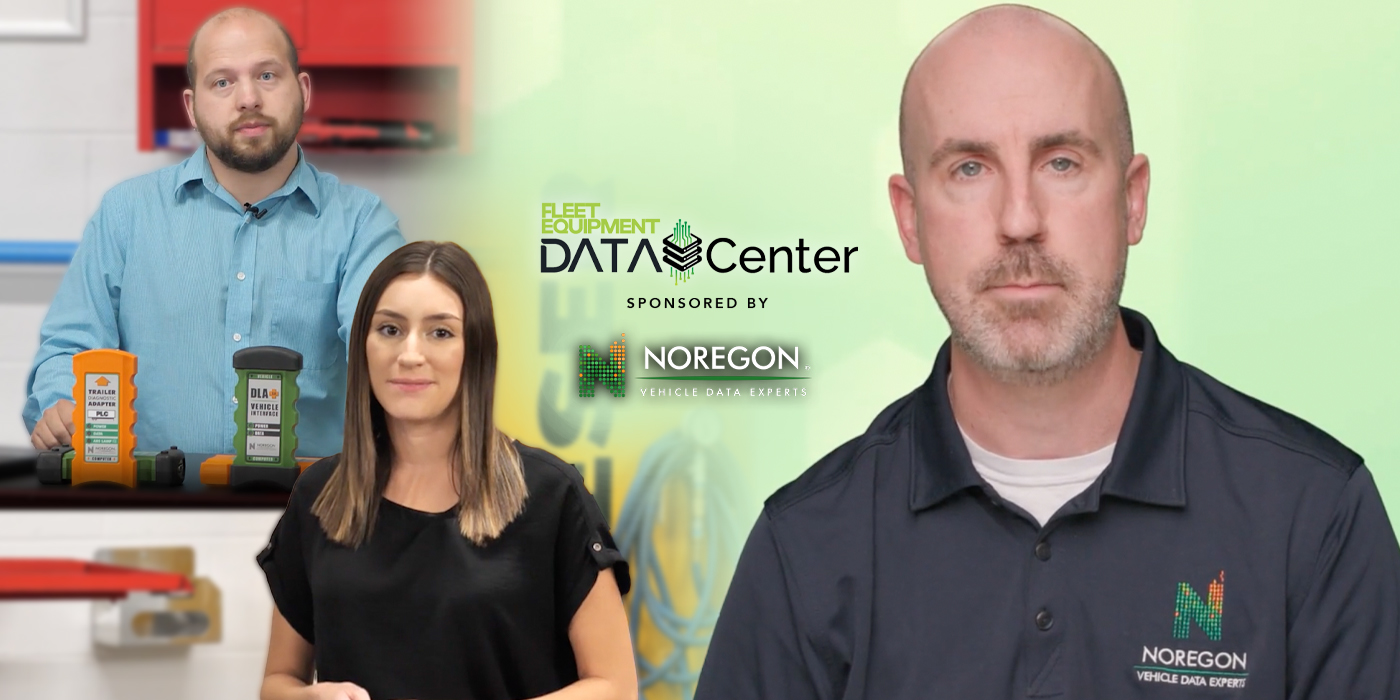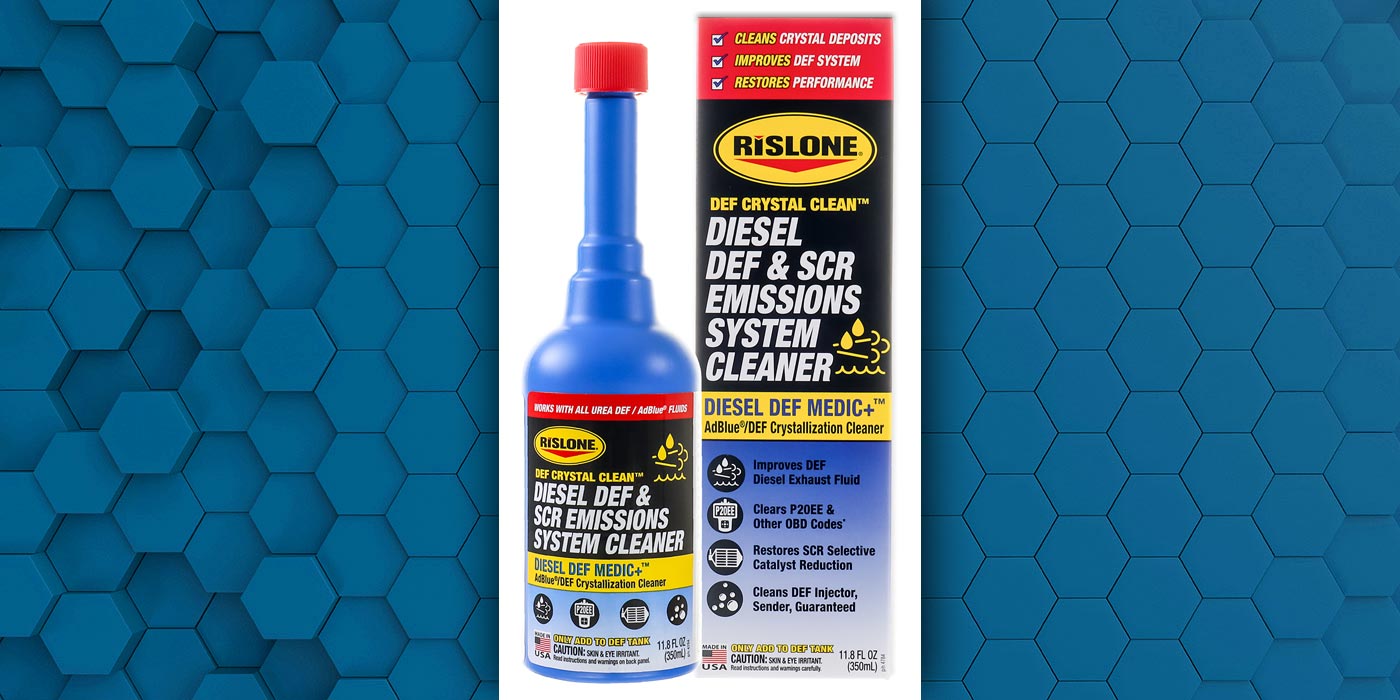When it comes to engines, the common knowledge is once they get to about three to four years old the maintenance can cause the total cost of ownership equation to slide. The constraints in the supply chain are making it difficult to just replace them. How can we keep them in the best shape possible?
The same way we maintain the performance of any truck, through ongoing and preventative maintenance intervals. This means pre-trip inspections, frequent checks, keeping shop software updated to ensure we are receiving accurate data, and promptly responding to fault codes should they arise.
Increased connectivity is a blessing and a curse. It’s great when it comes to staying on top of equipment service needs, but it’s so easy to get buried in them. Which ones should even be tackled first? Is there an order?
First step will be to prioritize the alerts we are getting. Red fault codes should come first, then yellow. Start with mission-critical fault codes; this means anything that has to do with your engine.
Check engine lights shouldn’t be ignored by drivers – If so, the only destination your trucks will be heading toward is catastrophic maintenance issues. A prompt response time and accurate root cause analysis will be crucial for the health and performance of your trucks.
Dealing with fault codes may come more regularly as the truck ages, but beyond the check engine light, you’ll want to stay on top of any engine fault codes that revolve around:
- Coolant levels
- Coolant temperature
- Oil temperature
- Oil pressure
- Aftertreatment related faults
Which ones should you anticipate the most from an engine that is 4-5 years old? We’ll have the pros at Noregon field that question.

